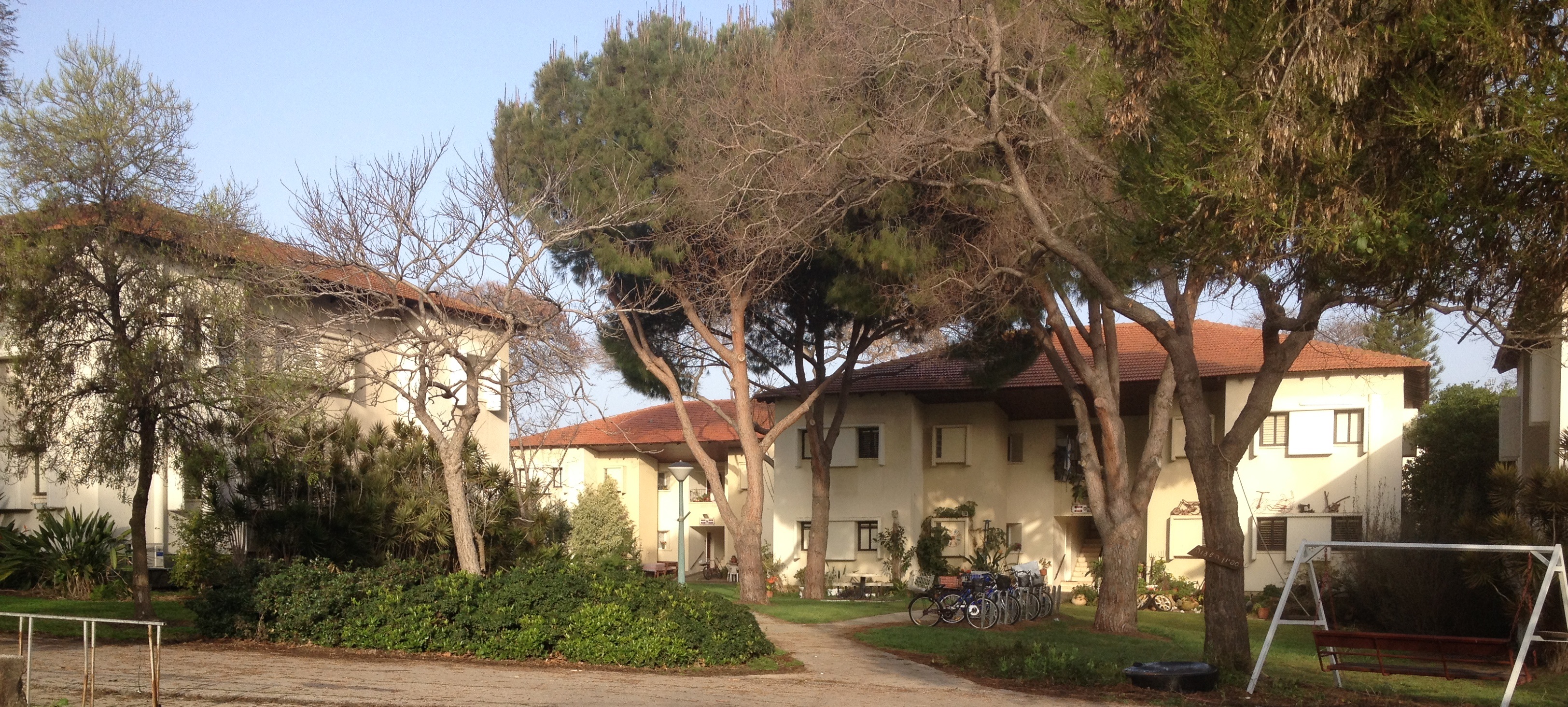
By Michal Kohane
Before beginning our discussion, it is important that we define the term “hope”. When I look to understand words, I go back to Hebrew. Hebrew is my childhood language but I grew to rediscover and re-appreciate it as an adult living 8000 miles away from where it is largely spoken. The uniqueness of Hebrew is its (usually) three-letter root system which helps shed light on the core meaning of each word.
What is hope?
The word for hope is tikvah. The root letters are K.V.H. The core meaning is to gather to act; strive to particular goal. We find the same root elsewhere in the following instances such as the mentioning of the water gathering under the heavens in the story of creation (Genesis 1:9); striving to walk in G-d’s way (Psalms 25:3, 39:8); yearning of the soul (Psalms 25:5); and line, measuring line (Psalms 19:5), which remained the same in Modern Hebrew and the word for line is kav.
The Merriam-Webster dictionary’s definition says that hope (noun) is the feeling of wanting something to happen and thinking that it could happen; a feeling that something good will happen or be true; the chance that something good will happen; someone or something that may be able to provide help; someone or something that gives you a reason for hoping. The verb means to cherish a desire with anticipation; to desire with expectation of obtainment; to expect with confidence.
The word “hope” doesn’t appear in the first five books of the Bible, only later in the Prophets and in Writings. It is important to note that both the Biblical hope and the modern definition refer to something that is never static or passive. It is dynamic, active, directive and life sustaining, so “hope” is not an escape from reality or from problems. It doesn’t leave us idle, drifting or just rocking on the front porch. It is directly related to action and will put us in gear. This will be important as we proceed.
There are numerous quotes about hope, as we all are trying to grasp it. For example, 19th century American poet Emily Dickinson says that “hope is a thing with feathers that perches on the soul – and sings the tunes without the words – and never stops at all…” Martin Luther King Jr said that “we must accept finite disappointment but never lose infinite hope” and Aristotle said that “hope is the dream of a waking man”.
Social psychologist Barbara Lee Fredrickson, professor at the University of North Carolina at Chapel Hill, conducts research in emotions and positive psychology. She argues that hope comes into its own when crisis looms, opening us to new creative possibilities. I would like to argue that hope is like a muscle we have to train all the time or we won’t have it to use when crisis looms. For people to survive months, years, decades and at times, centuries, away from their dream, hope has to remain a constant, and even be transmitted through the generations. This might evident from our case study later.
Others say that hopeful people are “like the little engine that could, [because] they keep telling themselves “I think I can, I think I can”. Such positive thinking bears fruit when based on a realistic sense of optimism, not on a naive “false hope”. Again, our case study shows that the line between reality and non-reality is very thin, and shouldn’t be dismissed as obvious.









